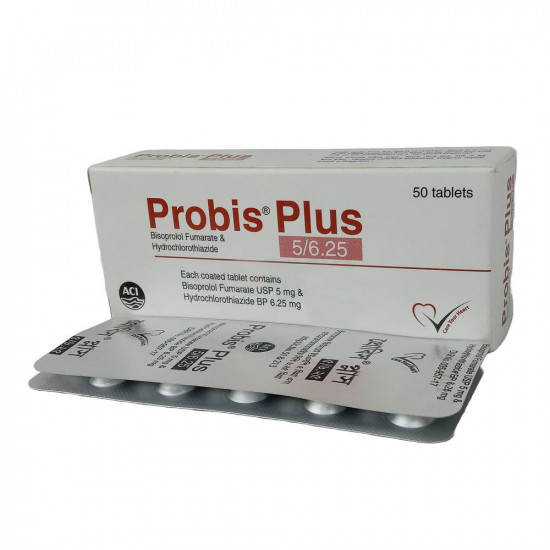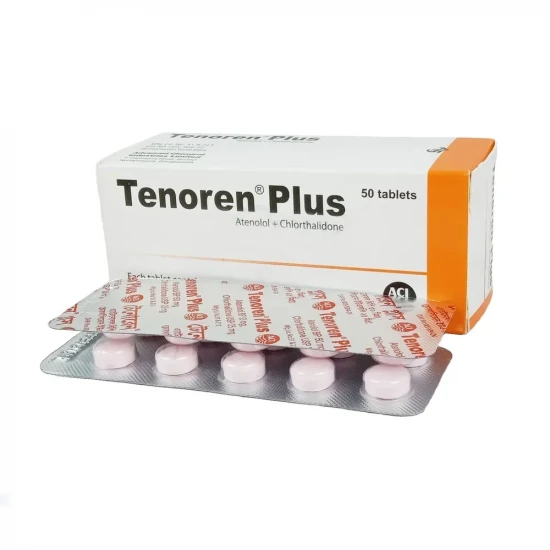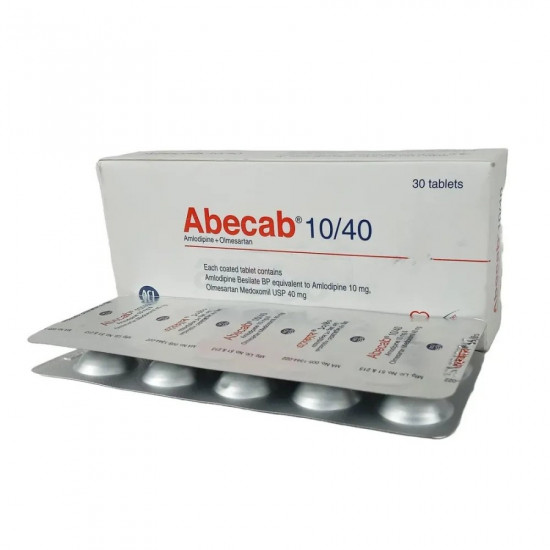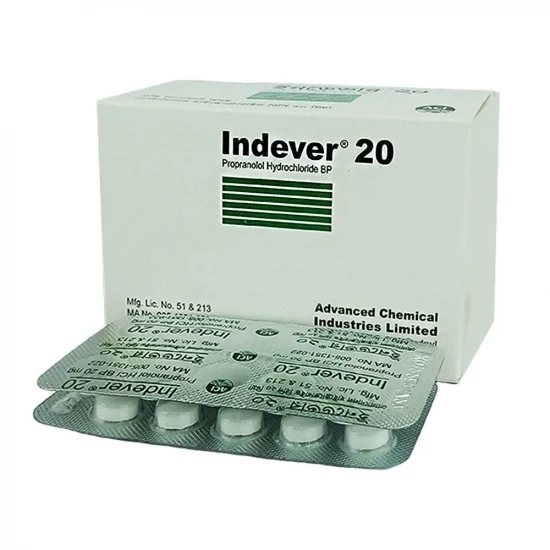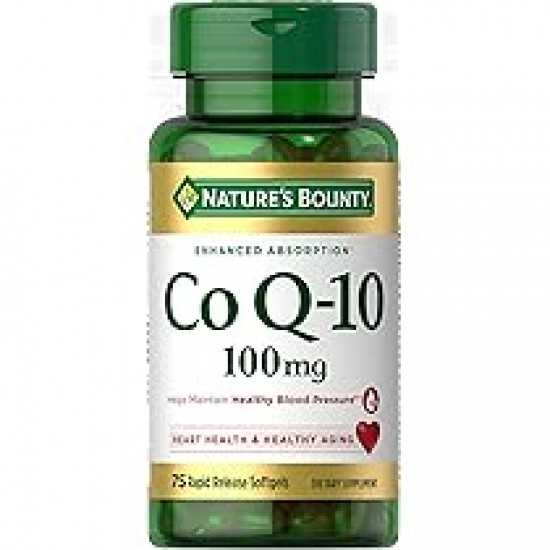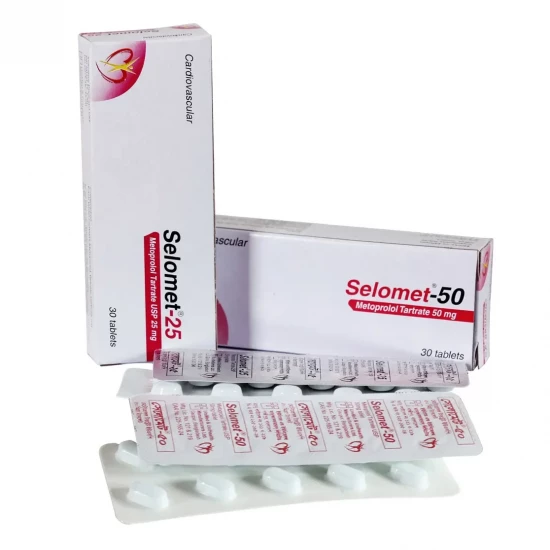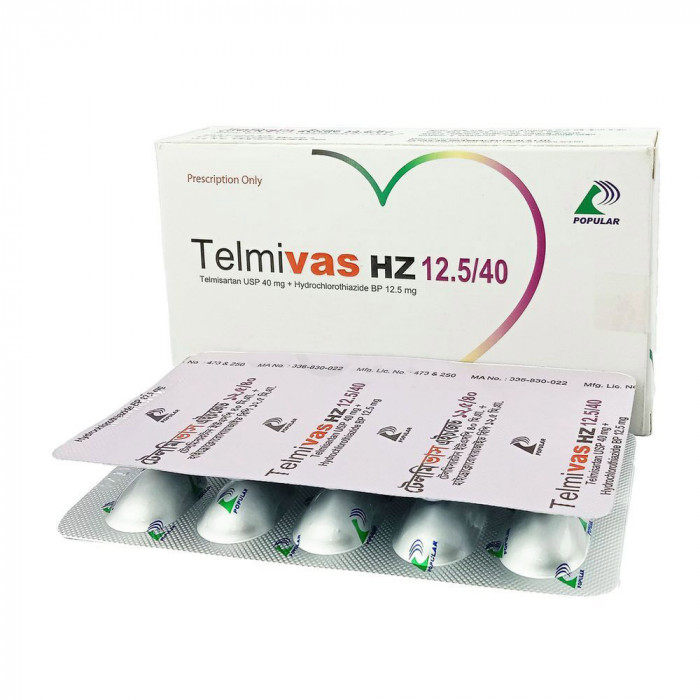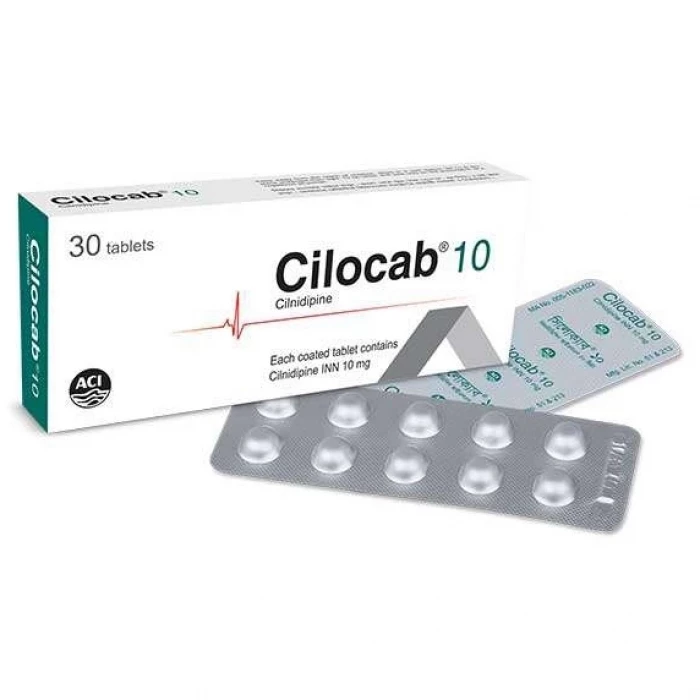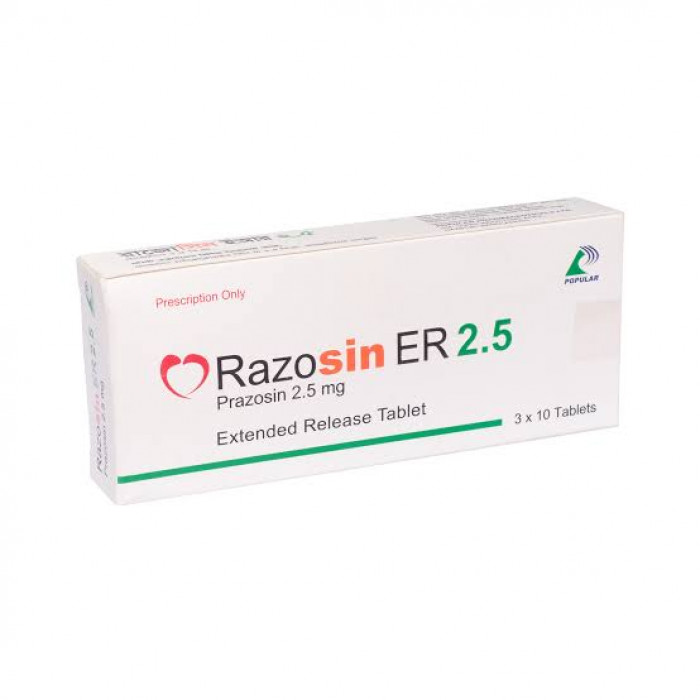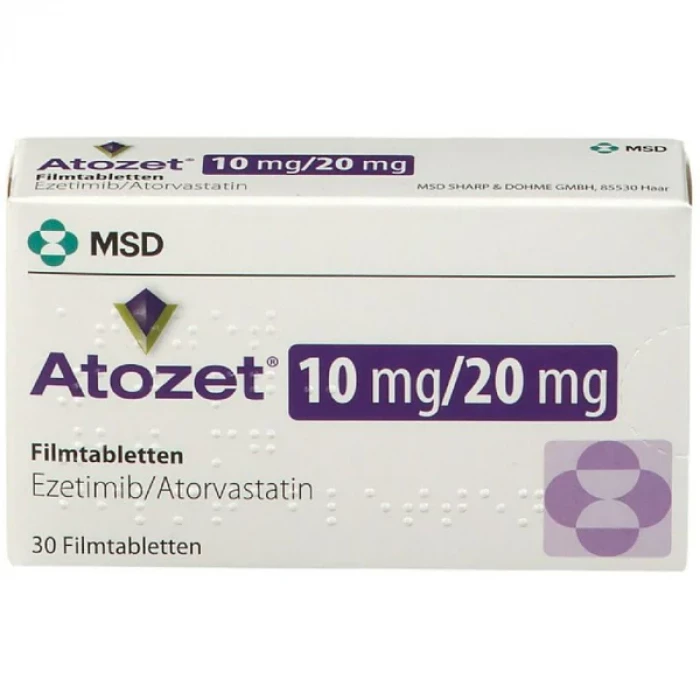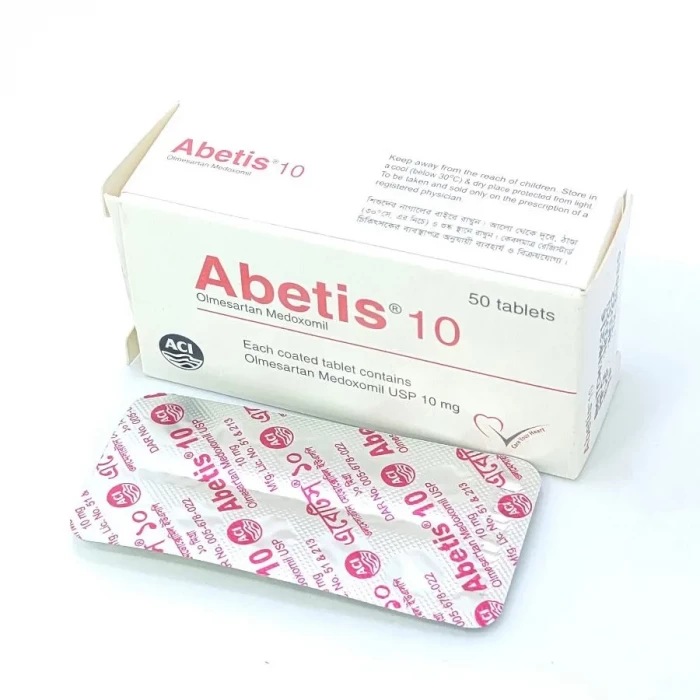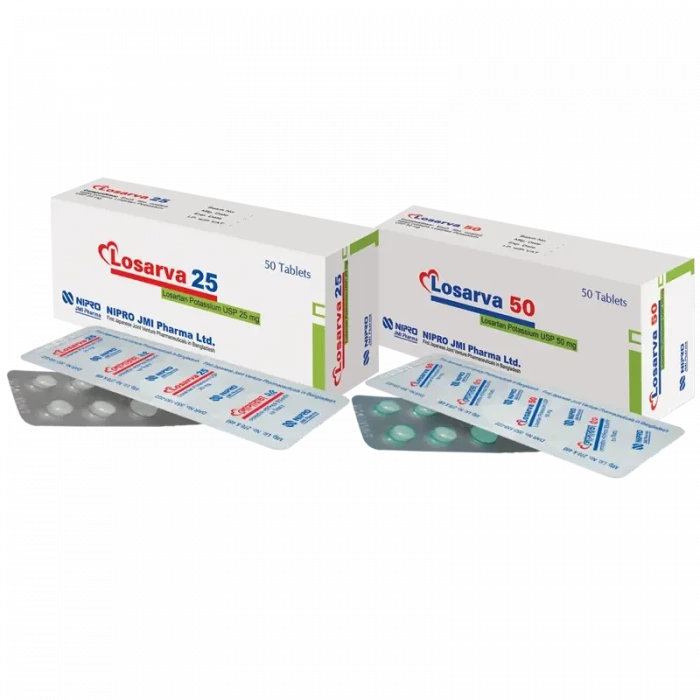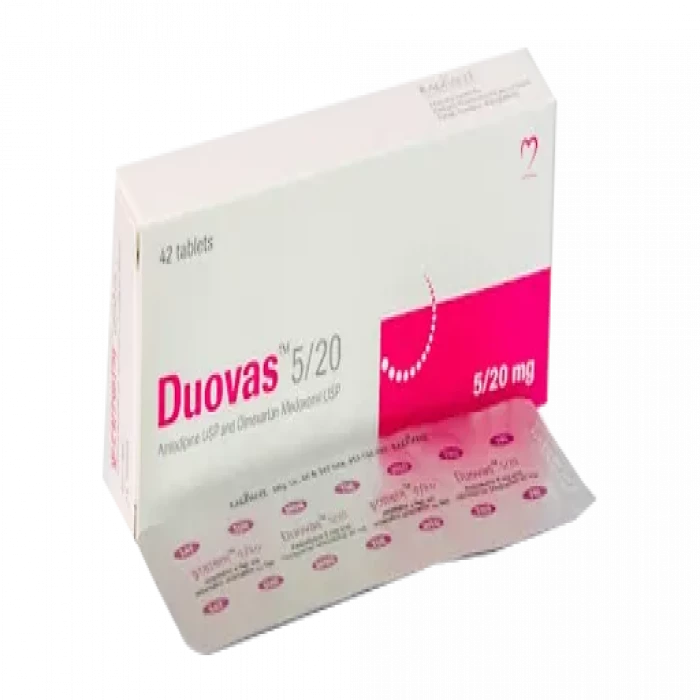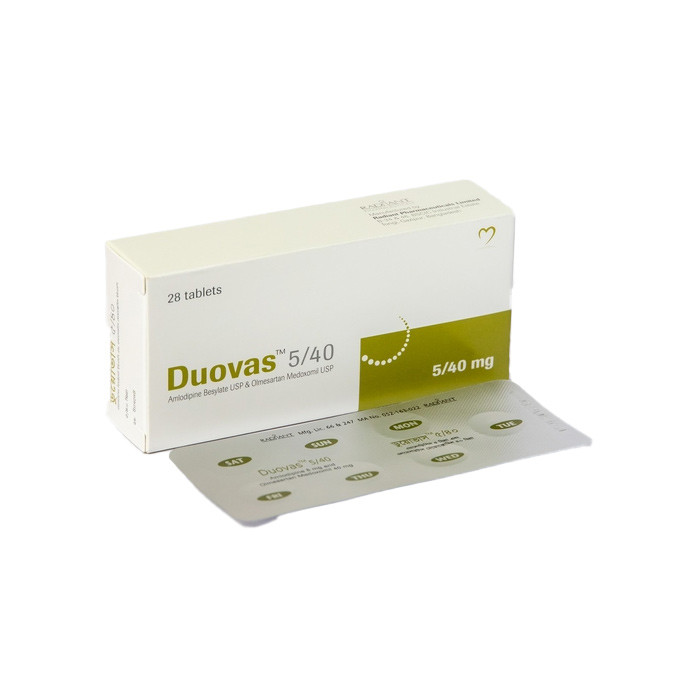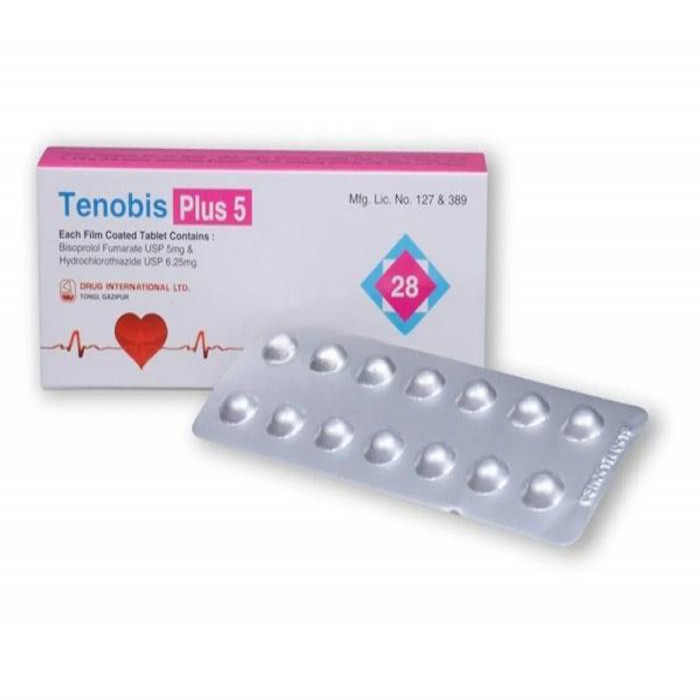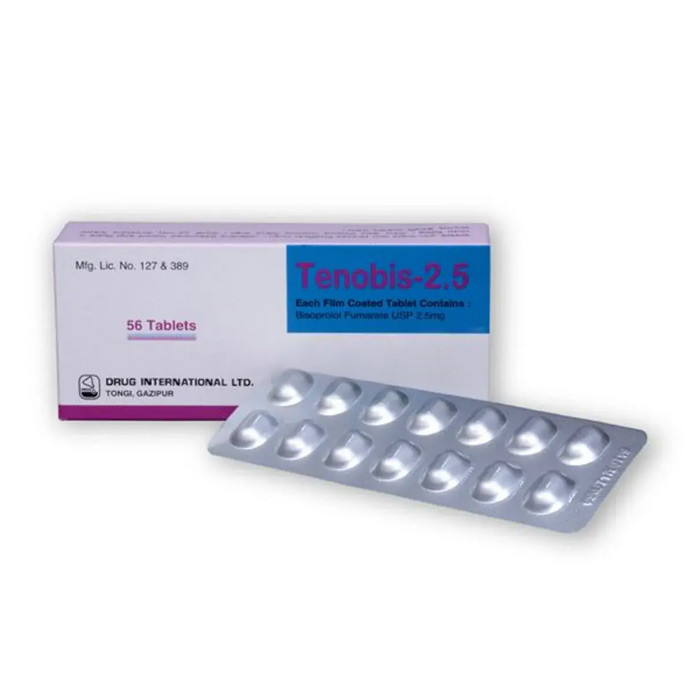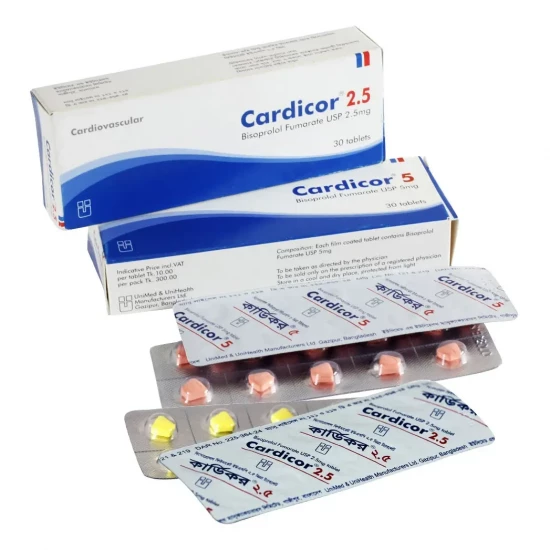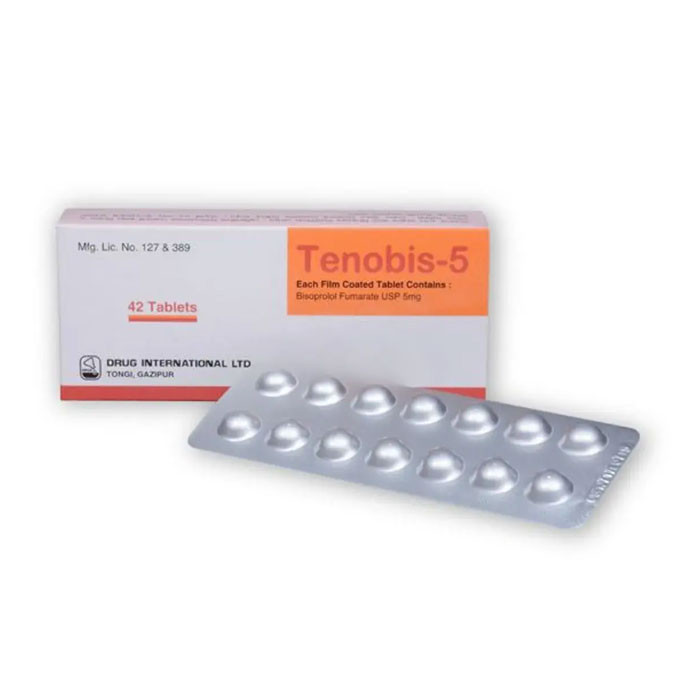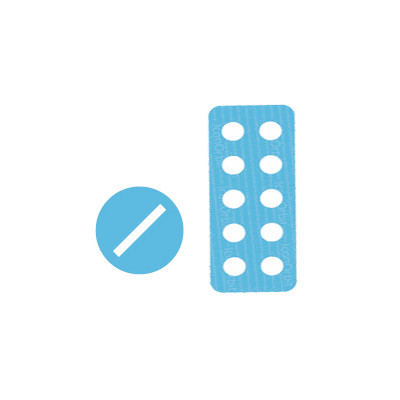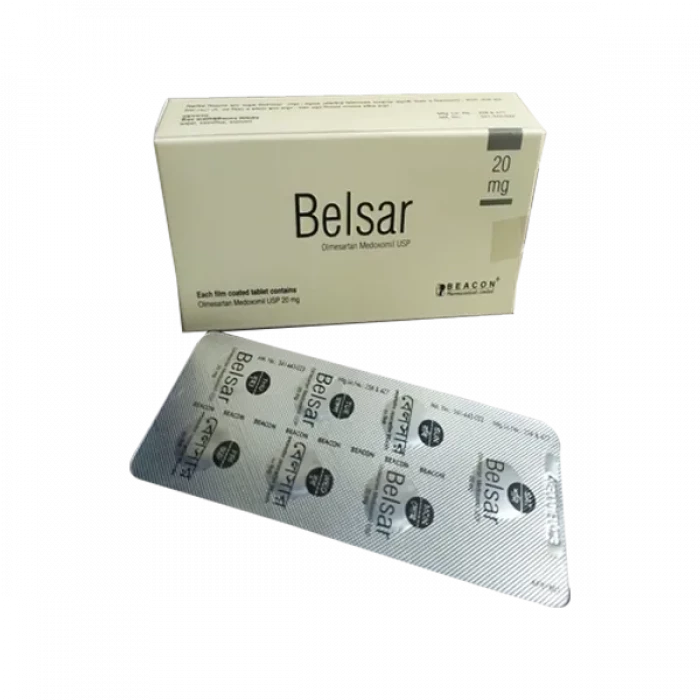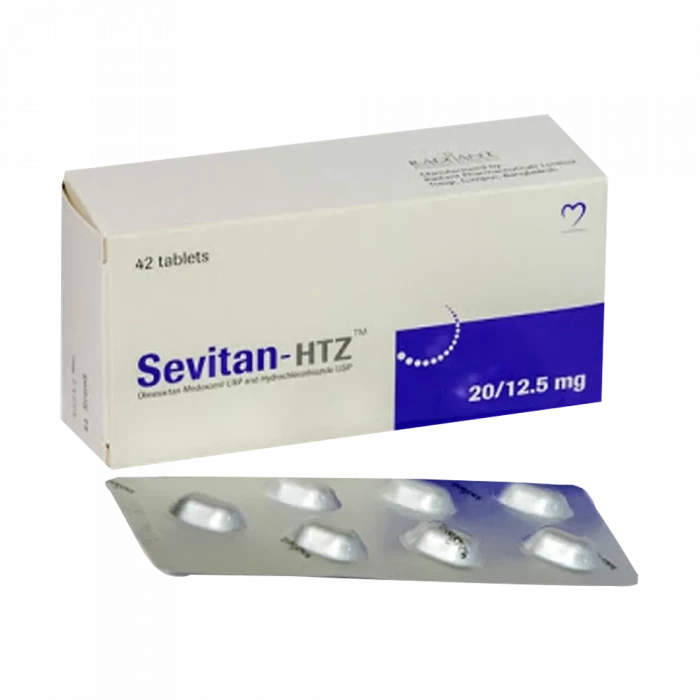
✔ 100% Authentic Product
👁️ Currently Viewing 1098
Discount
Price: ৳ 70
MRP:
৳
73.5
5%
Off

100% Genuine Products, Guaranteed

Safe & Secure Payments, Always

Fast, Secure & Efficient Delivery

Proper Packaging
 Cash on Delivery - All over Bangladesh
Cash on Delivery - All over Bangladesh Regular Delivery - 12-24 Hours, Dhaka City* Charge Tk.39-59
Regular Delivery - 12-24 Hours, Dhaka City* Charge Tk.39-59 Regular Delivery - 24-48 Hours, Other Cities* Charge Tk.99-110
Regular Delivery - 24-48 Hours, Other Cities* Charge Tk.99-110
 ফ্রি ডেলিভারিঃ - ৯৯৯ টাকা+ অর্ডারে, ঢাকা
শহরে
ফ্রি ডেলিভারিঃ - ৯৯৯ টাকা+ অর্ডারে, ঢাকা
শহরে ফ্রি ডেলিভারিঃ - ২৯৯৯ টাকা+ অর্ডারে, ঢাকার
বাহিরে
ফ্রি ডেলিভারিঃ - ২৯৯৯ টাকা+ অর্ডারে, ঢাকার
বাহিরে
100% Genuine Products, Guaranteed
Safe & Secure Payments, Always
Fast, Secure & Efficient Delivery
Proper Packaging
 Cash on Delivery - All over Bangladesh
Cash on Delivery - All over Bangladesh Regular Delivery - 12-24 Hours, Dhaka City* Charge Tk.39-59
Regular Delivery - 12-24 Hours, Dhaka City* Charge Tk.39-59 Regular Delivery - 24-48 Hours, Other Cities* Charge Tk.99-110
Regular Delivery - 24-48 Hours, Other Cities* Charge Tk.99-110 ফ্রি ডেলিভারিঃ - ৯৯৯ টাকা+ অর্ডারে, ঢাকা
শহরে
ফ্রি ডেলিভারিঃ - ৯৯৯ টাকা+ অর্ডারে, ঢাকা
শহরে ফ্রি ডেলিভারিঃ - ২৯৯৯ টাকা+ অর্ডারে, ঢাকার
বাহিরে
ফ্রি ডেলিভারিঃ - ২৯৯৯ টাকা+ অর্ডারে, ঢাকার
বাহিরে
✅ Description:
Indications
Sevitan HTZ is a drug cocktail made up of two drugs. Various methods are used to control high blood pressure. Untreated high blood pressure can cause heart attacks, strokes, and kidney failure. A medication called Sevitan HTZ is used to treat hypertension (high blood pressure). When one medication is ineffective at lowering blood pressure, a combination of medications can help. It aids in lowering high blood pressure, thereby decreasing the risk of any upcoming heart attacks and strokes.
Pharmacology
The essential vasoactive hormone of the renin-angiotensin system and a key player in the pathophysiology of hypertension, angiotensin-II is formed from angiotensin-I in a reaction catalyzed by angiotensin-converting chemical (Expert). It also stimulates the adrenal cortex's release of aldosterone. By specifically preventing angiotensin-II from binding to the AT 1 receptor, which is present in many tissues (including vascular smooth muscle and the adrenal organ), olmesartan blocks the effects of angiotensin-II that cause the release of aldosterone and vasoconstriction. Olmesartan may be a reversible and competitive inhibitor of the AT 1 receptor, according to in-vitro binding studies. Expert (kinase-I, the protein that converts angiotensin-I to angiotensin-II and corrupts bradykinin) is not suppressed by olmesartan.
Dosage & Administration
- Hypertension: A 20/12.5 mg tablet taken once daily is the typical starting dose. Individualized dosing is necessary. The dose may be increased to two tablets of 40/25 once daily at intervals of 2-4 weeks, depending on the blood pressure response.
Interaction
The risk of hyperkalemia is increased by ACE inhibitors, K-sparing diuretics, K salts, K supplements, and medications that could raise serum K levels (e.g. ciclosporin, eplerenone). BP-lowering effects from other antihypertensives may be enhanced. NSAIDs may lower glomerular filtration, which can lead to acute renal failure. Lithium toxicity and serum concentrations may rise.
Contraindications
Olmesartan is contraindicated in patients who are extremely touchy with any component of this item.
Side Effects
- Cough
- Diarrhea
- Dizziness
- Flu-like signs
- Headache
- Indigestion
- Nausea
- Hyperglycemia
- Bronchitis
- Back torment
- Clogged nose
- Throat ache Stomach ache
Pregnancy & Lactation
First-trimester pregnancy categories C and D (second and third trimesters). Olmesartan was found in the milk of lactating rats, though it is unknown if Olmesartan is excreted in human milk. There are thiazides in human milk. When deciding whether to stop nursing or stop taking the medication due to the possibility of negative effects on the nursing infant, it is important to consider how important the medication is to the mother.
Precautions & Warnings
Changes in renal function may be anticipated in susceptible patients receiving olmesartan medoxomil due to the framework's restraint. Treatment with angiotensin-converting protein inhibitors and angiotensin receptor antagonists has been associated with oliguria and/or dynamic azotemia and (rarely) with intense renal disappointment and/or passing in patients whose renal function may depend on the action of the renin-angiotensin-aldosterone framework (e.g. patients with severe congestive heart failure). Similar results could be anticipated in patients receiving olmesartan medoxomil.
Storage Conditions
Protect from light and moisture by storing in a cool, dry location. Keep out of children's reach.
⚠️Disclaimer:
At ePharma, we’re committed to providing accurate and accessible health information. However, all content is intended for informational purposes only and should not replace medical advice from a qualified physician. Please consult your healthcare provider for personalized guidance. We aim to support, not substitute, the doctor-patient relationship.




